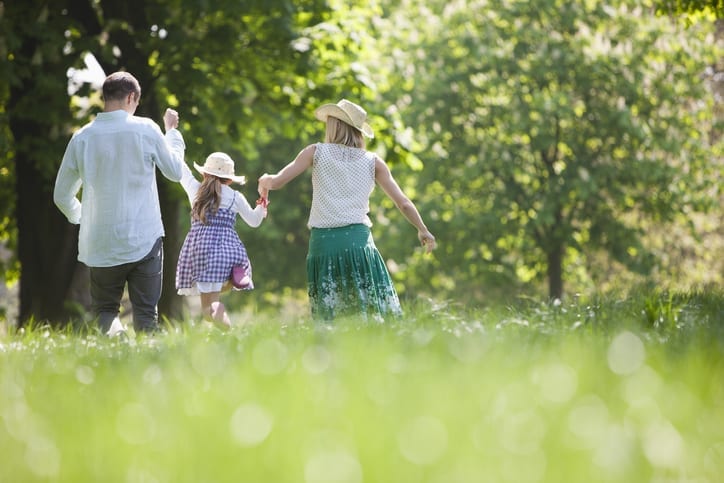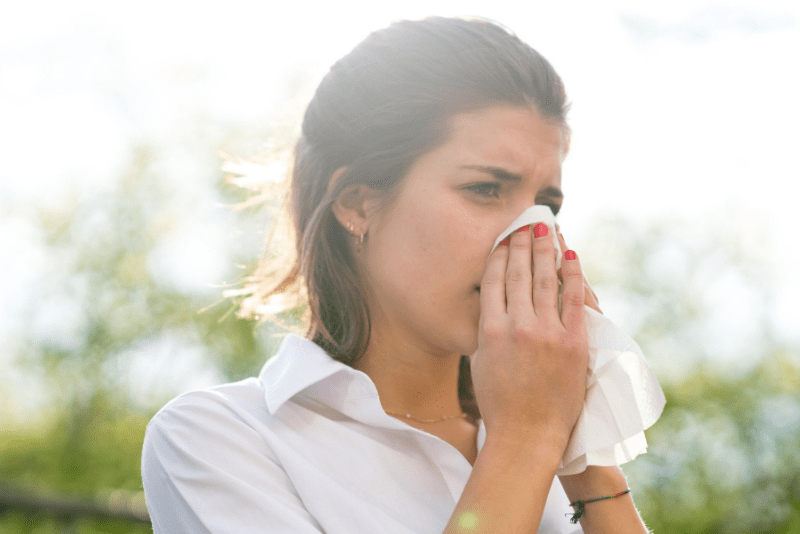Allergy season has sprung! While many of us have been at home during quarantine, we’ve also taken advantage of the beautiful Charleston weather. The sun is out, the bees are buzzing and the flowers are blooming. And that means even though many things have been cancelled, allergy season is still here to stay.
The amount of pollen, triggering allergy symptoms in 50 million Americans each year, rises considerably in spring and summer. Breathing in tiny particles of allergens causes seasonal allergic rhinitis, also known as hay fever. Not only can this lead to sinus infections, but it can also disrupt your sleep and affect your ability to be productive during the day.
Symptoms include:
- Itching in the nose, throat and eyes
- Sneezing
- Stuffy nose
- Runny nose
- Watery eyes
- Dark circles under the eyes
There are generally three pollen seasons: spring (trees), summer (grass) and fall (weeds).
Avoiding allergens
Luckily, symptoms will only last as long as you’re exposed to the allergen. There are ways to avoid your allergy triggers, and avoidance is the best way to reduce symptoms.
Try to limit outdoor activities during days with high pollen counts. If you want to spend a day outside, but have allergies, the best time is right after a rain, when the pollen level is lower. (However, if you have mold allergies, rain will make those allergens worse.) Remember, you can keep track of the pollen count on our website! We count it Monday through Friday right here in the Lowcountry! It’s always best to keep your home and car windows closed to help keep pollen out. If you’re outside for an extended period of time, take a shower when you get home to get the pollen out of your hair. If you love gardening, avoid touching your eyes or face when doing yard work, and consider wearing a mask to reduce the amount of pollen that you breathe in and shower immediately afterward.
So what can you do?
If you’re already on a regimen for allergies, your medication should be taken well before the first sniffle or sneeze. Experts recommend you begin treatment two weeks before your symptoms usually surface during the allergy season. If you aren’t sure when that is, a good rule of thumb: allergy season starts when the trees begin to start budding.
If you don’t know what you’re allergic to, a board-certified allergist/immunologist can diagnose your allergies and determine the specific triggers that cause them. Immunotherapy, also known as allergy shots, can modify and prevent disease progression. Request an appointment today with Charleston Allergy & Asthma for allergy testing.




